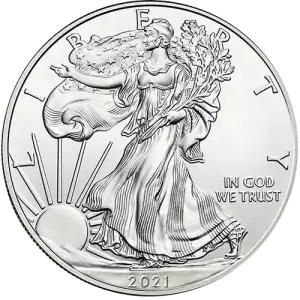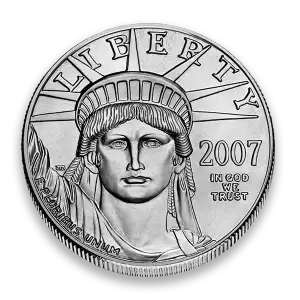Geo-Politics
- Election Aftermath: Trump won, and there’s already tension. Many wonder what Biden may do in his remaining weeks to obstruct Trump’s plans. This is expected, as opposition is fierce.
- Recession Forecast: With Trump in office, the recession may be less severe than if Harris had won. However, a market “correction” is still expected.
- Commercial Real Estate: Deep distress continues.
- Consumer Real Estate: Prices are expected to fall, potentially wiping out built equity—a key opportunity for buyers with cash.
- Debt Ceiling: The U.S. government is weeks away from needing to raise the debt ceiling again.
- European Car Makers: Despite European challenges, companies like VW, BMW, and BASF are building factories in China to bypass tariffs. They’re taking on risk by doing so; if tensions rise, China may seize these factories, defying EU guidelines to distance from China.
Stock Market Watch
- IMF & Asia: Surprisingly, the IMF projects 5% growth in Asian markets, even amid global recessions.
- Warren Buffet’s Strategy: Buffet is holding 94% of his investments in cash, likely waiting for discounted buys after the expected correction.
Metals Market Watch
- Post-Election Drop: Metal prices dropped significantly right after the election. I took the opportunity to buy more, anticipating a future rebound. I’ll continue to add to my holdings as funds allow.
Other News
- Federal Reserve: The Fed lowered interest rates by 0.25% last week. While the recession continues, Fed Chair Jerome Powell has indicated he won’t step down, even if Trump asks him to.
- The Fed operates independently as a private conglomerate that simply reports to the government but is not controlled by it.
- Property Tax Foreclosures: A concerning trend is emerging, with school districts foreclosing on homes with unpaid property taxes, potentially creating a new revenue stream for financially distressed local governments.
- Government Auctions: Auction volumes for bank-owned properties are rising, signaling severe economic strain.
- Fannie Mae Warnings: Fannie Mae issued a rare warning about “lending fraud,” with foreclosures expected to skyrocket by Q1 2025. Losses could reach $200 billion, necessitating a congressional bailout.
- Bitcoin and Congress: Congress is rumored to be planning to buy 5% of all Bitcoin, which could spike the price up to tenfold. Historically, Bitcoin gains value during economic downturns.
Key Metrics
- Layoffs: Providence Medical Group in Washington State announced layoffs of up to 260 by year-end, despite high demand for healthcare workers. The reason? Patients struggling to pay their bills, affecting cash flow.
- Bank Health: In Washington State, 7 banks and 2 credit unions remain at risk, with no new failures reported.
- CBDCs: No updates on Central Bank Digital Currencies (CBDCs); still 3 launched, 44 in pilot, and 20 in development, including in the U.S.
- National Debt: Now at $36 trillion, and increasing at an accelerating rate. Trump’s policies may help slow this, but bipartisan cooperation is necessary.
- Inversion Chart: The chart remains positive for now, a favorable sign, though upcoming policy changes may influence this metric. Remember, inversion (dropping below zero) is a negative indicator.
What Would I Do About All This?
(Not financial advice—just what we’re doing in our household.)
Debt Reduction: We're focused on getting out of debt and cutting expenses to improve our cash flow. Here’s our strategy:
- I took a second job to build a financial buffer in case of job loss or economic collapse.
- We’re explaining the importance of short-term sacrifices to our kids.
Expense Cuts:
- Canceled subscriptions—apps and cable fees can add up quickly.
- Switched to a discount cell plan (using WiFi to manage data). Here’s the link we used: Discount Cell Plan.
- Limited dining out, opting for cheaper options like Costco when we do.
- Cut back on premium coffee and stopped buying energy drinks and snacks.
- Shopped at discount stores (WinCo and Grocery Outlet) for essentials.
Investments & Emergency Fund: We’ve prioritized metals and set up a cash emergency fund. Our investments are positioned to withstand a recession, and we've saved enough to replace cars by paying cash.
This is our approach to preparing for uncertain times. Let’s keep stacking and staying informed!










